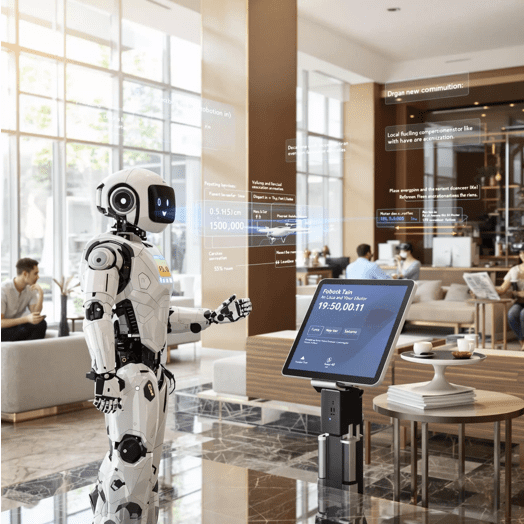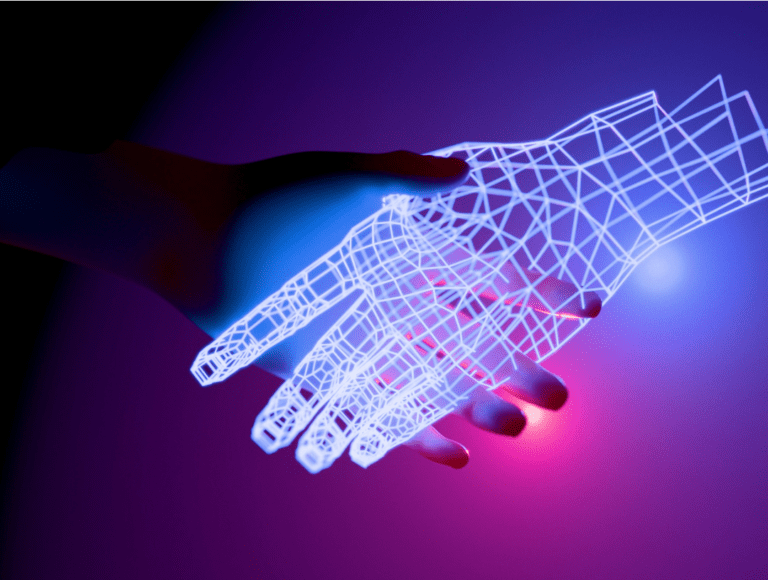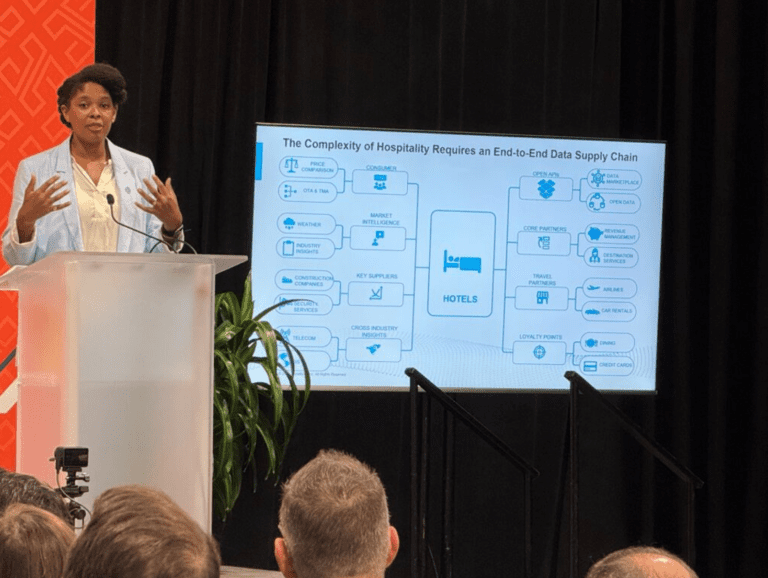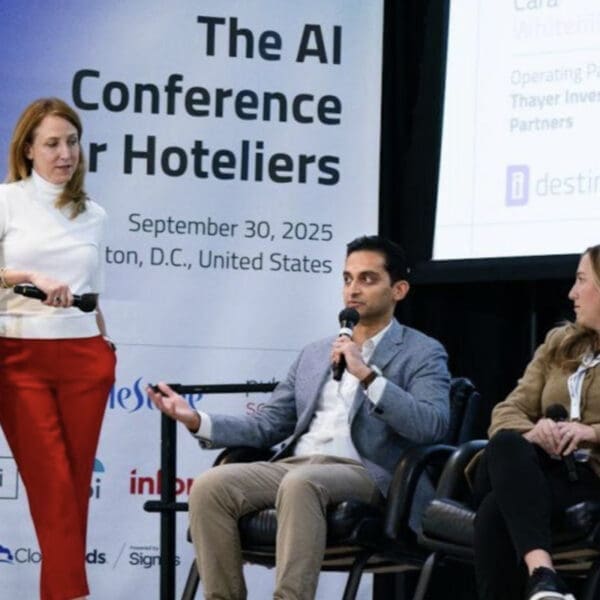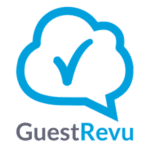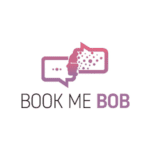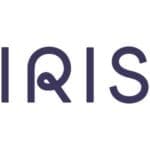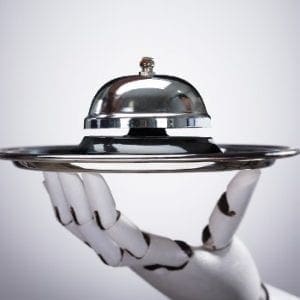 Change has never been as rapid as today. The constant evolution in technology, at an ever-increasing pace, is changing our world and our working environment as never before. The impact of technology is reshaping occupations and new job categories are beginning to appear on the market requiring “hybrid” skills. Not only will staff have to know how to do their traditional job as in the past, but they will also be expected to have knowledge of the technological world that is evolving around them. The combination of the two creating hybrid positions that are in great demand but for which there is little supply. An example of this hybridization is marketing roles that require understanding of sophisticated statistical analysis tools and even data science.
Change has never been as rapid as today. The constant evolution in technology, at an ever-increasing pace, is changing our world and our working environment as never before. The impact of technology is reshaping occupations and new job categories are beginning to appear on the market requiring “hybrid” skills. Not only will staff have to know how to do their traditional job as in the past, but they will also be expected to have knowledge of the technological world that is evolving around them. The combination of the two creating hybrid positions that are in great demand but for which there is little supply. An example of this hybridization is marketing roles that require understanding of sophisticated statistical analysis tools and even data science.
Add to this the competencies required to work in an environment which uses Artificial Intelligence, in one of its forms, the skills gap becomes even wider and the hidden gem who possesses this combination rarer.
The hospitality industry has not been spared from this disruption. Over the last decade, technology has transformed marketing, reservations, guest relations, service and many other aspects of this industry. With the introduction of Virtual Personal Assistants such as Amazon’s Alexa to assist with in-room service, Relay, the service robot by Savioke, and a multitude of algorithms processing huge amounts of customer data, the industry is struggling to keep up with the pace.
Employees in this industry observe that jobs, which involve simpler, easily automated tasks, are disappearing rapidly as they are more and more frequently being undertaken by technology. The dwindling number of unskilled jobs means that there is an urgent need to retrain and re-skill these employees to leverage the technological changes and to prepare for the future.
Retraining current employees will be essential, as the pure data scientists and engineers rarely have the soft skills, especially communication skills, that are essential to succeed in the hospitality world.
With the introduction of digital tools such as IPSoft’s Virtual Personal Assistants Amelia, EHL Lausanne has recognized the need to incorporate technology into education enabling students to control artificial intelligence in their future careers rather than competing with it.
But still the task of retraining or finding these hybrid individuals is not a simple one as Artificial Intelligence used in the hospitality industry today comes in several forms; natural language processing, machine learning, and predictive data analysis. These different types of Artificial Intelligence require different skill sets.
The main goal of this technology is to know your client better than they know themselves. To be able to propose products and services tailored to each individual, to make each person feel special and to create “empathy” and thus generate a competitive edge.
Natural language processing
The art of understanding speech and text, with all its nuances, by machines is rapidly becoming an everyday occurrence in our lives. The Alexa in the room, which answers questions concerning the hotel, events, and room service, a machine which can also increase the temperature and dim the lights in the room, is a common sight. What the client does not know however is the amount of work that it takes to make a machine understand and how much more it takes to be able to reply with information that makes sense. It is easy to take the off the shelf products such as Alexa and Siri and get them to answer questions about the weather, but they have to be trained to answer specific questions pertinent to your business to ensure customer satisfaction.
The language that we use when we ask questions has to be analyzed and the machine has to be trained to understand what we are asking. Linguistic analysis of the conversations between man and machine is required to ensure a sufficient level of comprehension to satisfy the client. The linguist will be able to guide the machine in its interpretation of the questions asked of it, so that it can provide the correct answer. This learning takes time and this is the case every time a new scenario is presented to the machine or a question is asked by a client for which the machine has not been able to provide an adequate response.
The speed that we can train these machines to be operational will be a differentiator.
The linguistic skills necessary can easily be taught to hospitality staff who have regular contact with clients of many nationalities and who are thus capable of teaching a machine the multiple ways each simple question can be asked.
Machine learning and predictive data analysis
Machine learning is an effective way of increasing productivity by allowing machines to use algorithms and statistical models to perform a given task without explicitly being programmed. Data analysis allows the machine the ability to predict an outcome. The machine must be given enough information to enable it to take a measured decision for the business and can learn from all information given to it. The creation of the algorithms and statistical models that it uses requires extensive knowledge of your processes and once defined must be closely monitored to ensure that they measure up to expectations.
The risk of leaving these machines unmonitored is that they can very quickly become monsters as shown by Microsoft’s Tay, which in 24 hours began sending out inflammatory and offensive information that it had learnt through its interactions with humans on social media.
Although the creation of algorithms does not come naturally to hospitality employees, they have the knowledge, which should be included in these algorithms to increase the likelihood of success. It is imperative that they be given the opportunity to learn the skills of modelling, data analysis, probability and statistics and to work alongside data scientists who are capable to produce the necessary models.
The true hybrids of this world are in great demand today. To ensure that we are not surpassed by the GAFAs of this world who can attract these highly prized individuals, it is imperative that the subjects of linguistics, artificial intelligence, data analysis and science are included in the curriculum of hospitality schools and in-career training is developed.
The most pertinent use of these technologies can only be defined by using the experience of those already in the industry, combined with the knowledge of the generations currently learning these subjects.
Jobs and careers will no doubt be greatly affected by this technology, but the future is bright if we ensure the correct education for hospitality employees. The industry is more than capable of creating its own hybrids!
This article first appeared on Hospitality Insights by EHL.


